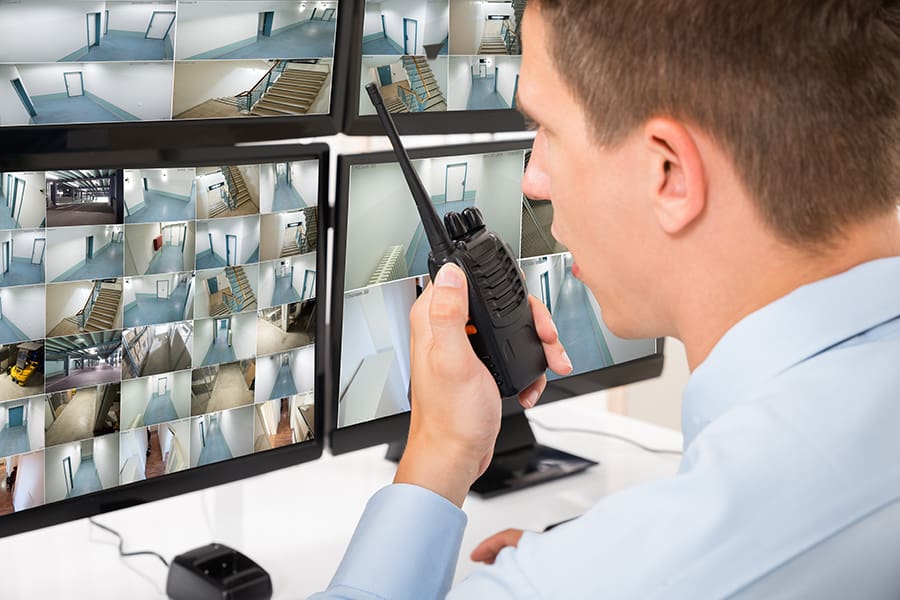Throughout the UK, security guards are a familiar sight and provide vital services across public, commercial and residential facilities.
Along with significant changes to the ways we travel, live, shop and work, the Coronavirus crisis has also had an extraordinary impact on the role and demand for qualified security personnel.
The Core Duties of Security Staff
We know that security professionals carry out a varied and diverse range of duties. The typical roles undertaken include:
- Managing the security and surveillance of premises.
- Patrolling and monitoring sites.
- Maintaining CCTV systems and recording equipment.
- Controlling site access for authorised staff and visitors.
- Alerting and liaising with the authorities in emergencies.
- Crowd control and steering traffic flows.
- Keeping clear records and tracking any unusual activities.
- Protecting access to facilities and equipment.
- Upholding safety and mandatory site requirements.
Given the forward-facing dynamic of a security guard’s role, this has evolved into a front line position. Personnel are managing the implementation of new safety procedures, communicating directly with the public, and enforcing controls in addition to their existing responsibilities.
A clear example of this shift is in the retail sector, where security guards are already on hand to prevent shoplifting, anti-social behaviour and manage any problems.
However, with the changes to the ways that we shop, this role has adapted. Security personnel have been charged with the responsibility of explaining how new systems will work, engaging with employees and visitors to implement them smoothly, and dealing with resistance to safety protocols.
Some of the most significant ways in which security personnel roles have adapted include:
- Higher ratios and visibility of security guards to enforce new safety regulations.
- Increasingly communicative functions to assist visitors, workers and colleagues, particularly at public access venues.
- Understanding and implementing social measures such as visitor number restrictions, face coverings, minimum distancing and sanitising.
- Applying higher levels of crowd control and traffic management.
- Assisting those most vulnerable in navigating new layouts and protocols.
- Responding to a higher demand for mobile patrols while businesses and facilities are closed.
- Expanded fire safety roles in safeguarding vacant premises.
- Maintaining an overview of more extensive spaces, including car parking, open-access sites and queuing systems.
- Enforcing processes by screening visitors.
While some aspects of these duties were previously part of the role of a security guard, there is a significant increase in the demand, responsibility and value of using such personnel to keep sites, workers and visitors safe.
As a result of the pandemic, the purpose of a security guard has transitioned into a more direct communication role. There is a substantial increase in the need to liaise with the public as new measures unfold, and are introduced, amended, and increased on a weekly or even daily basis.
UK businesses have tentatively been able to resume trading in some sectors. Having sufficient security to help manage a smooth reopening process has been critical to being able to meet requirements for people management.
 How Security Guards are supporting UK Businesses
How Security Guards are supporting UK Businesses
